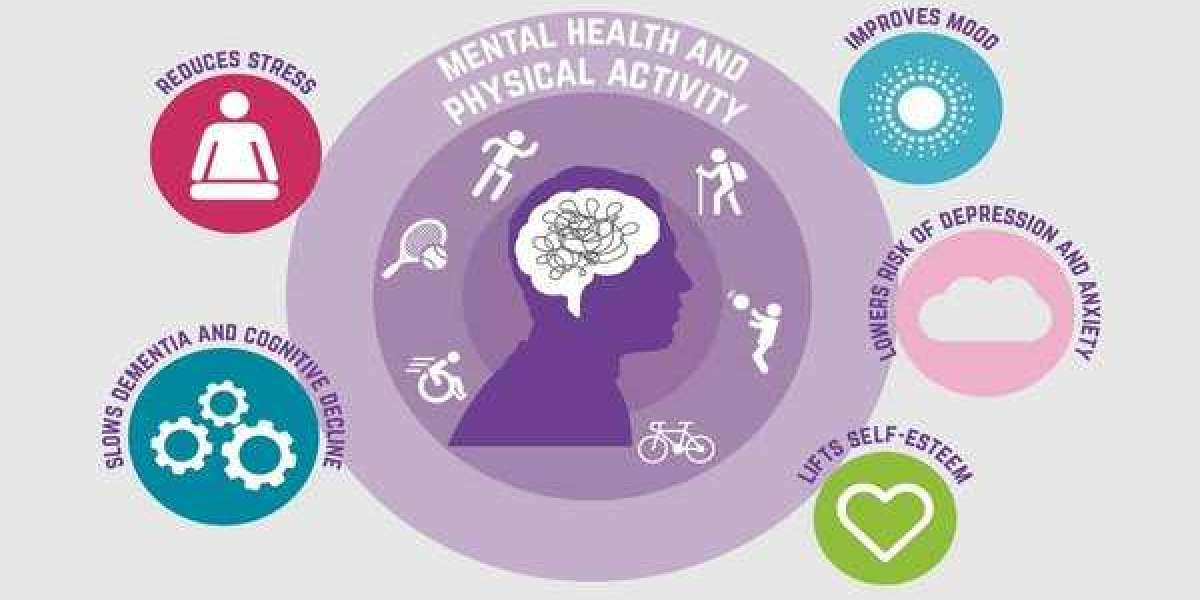Research evidence shows that participating in sports assists in better social skills, assertiveness, higher self-esteem, self-confidence, self-control, self-concept, and competence. Further it also helps in having fewer symptoms of depression and anxiety disorders.
Engaging in sports and physical activity has long been known to have numerous benefits for physical health, including reducing the risk of chronic diseases such as heart disease, diabetes, and obesity. However, the positive effects of sports on mental health are equally significant, if not more so.
Mental health is a complex and multifaceted issue, and the effects of sports on mental health can vary depending on a number of factors, such as the type of sport, the intensity and frequency of exercise, and the individual's own personal circumstances and mental health history. However, there are a number of ways in which sports can have a positive impact on mental health.
One of the most significant benefits of sports for mental health is the release of endorphins that occurs during physical activity. Endorphins are the body's natural "feel-good" chemicals, and they are released when we engage in exercise. This can lead to an immediate boost in mood and feelings of well-being, which can be particularly beneficial for people who are struggling with depression or anxiety.
In addition to the immediate mood-boosting effects of endorphins, regular exercise has been shown to have long-term benefits for mental health. Engaging in physical activity on a regular basis can help to reduce symptoms of depression and anxiety, and can promote a sense of overall well-being. This is likely due to the fact that exercise helps to reduce levels of the stress hormone cortisol, which has been linked to anxiety and depression.
Sports can also provide a sense of community and social connection, which is particularly important for mental health. Participating in team sports, for example, can foster a sense of camaraderie and belonging, and can help to combat feelings of loneliness and social isolation. This can be particularly beneficial for people who are struggling with mental health issues such as social anxiety.
In addition to the social benefits of sports, the discipline and focus required for many sports can also be beneficial for mental health. Goal-setting, planning, and working towards achieving personal bests can provide a sense of purpose and direction, which can be particularly beneficial for people who are struggling with feelings of hopelessness or lack of motivation.
Furthermore, sports can provide a healthy outlet for stress and anxiety. Engaging in physical activity can help to release tension and stress, and can provide a healthy way to cope with feelings of anxiety or anger. Additionally, the discipline and focus required for many sports can help to distract the mind from negative thoughts or feelings, and can promote a sense of calm and focus.
It is important to note that not all sports are created equal when it comes to mental health benefits. While all sports involve physical activity, some may be more effective at promoting mental health than others. For example, sports that involve social connection and teamwork, such as basketball or soccer, may be particularly effective at reducing feelings of isolation and promoting a sense of belonging. Additionally, sports that involve mindfulness and focus, such as yoga or martial arts, may be particularly helpful for reducing stress and promoting relaxation.
In conclusion, the benefits of sports for mental health are numerous and varied. Regular exercise can have immediate and long-term benefits for mood, reducing symptoms of depression and anxiety, and promoting overall well-being. Engaging in team sports can foster a sense of community and belonging, while the discipline and focus required for many sports can provide a sense of purpose and direction. Finally, sports can provide a healthy outlet for stress and anxiety. While not all sports are created equal when it comes to mental health benefits, it is clear that engaging in physical activity can have a powerful and positive impact on mental health.







